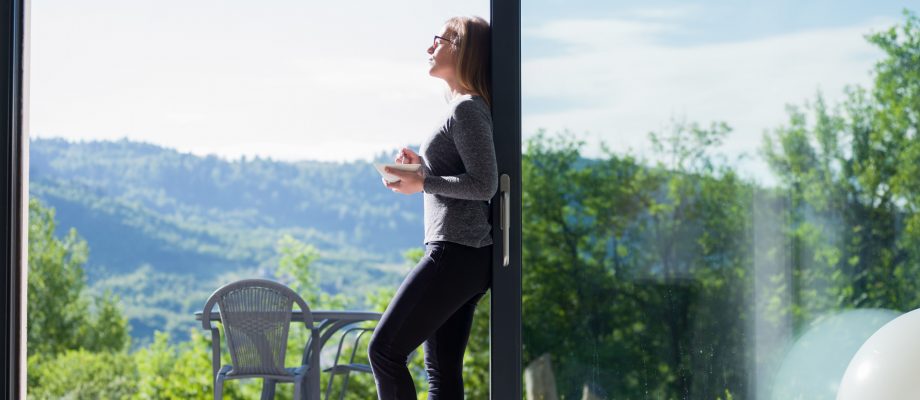This Building Biology Institute 5-day online seminar will lead you under the expert guidance of instructors Stephen Collette and Cathy Cooke on an exploration of all the non-technology causes of sick house syndrome: biological, chemical, and particulate exposure sources in the air, the ground, and your water (mold, allergens, radon, lead, asbestos, metals, methane, carbon monoxide, volatile and semi-volatile organic compounds). This seminar’s lectures will be prerecorded, and its attendant live Q&A and review sessions will be held online, via Zoom, 16 through 20 June 2025. Watch Stephen’s course overview video here below:
Download the syllabus: synopsis, daily schedule, logistics, etc.
Your areas of focused learning on your path to becoming a Certified Building Biologist will be indoor climate parameters; driving forces of air movement; combustion gases and combustion by-products; intruding outdoor factors; conventional heating, cooling, ventilation, and filtration; dust and toxic particulates; soil gases; water intrusion and moisture issues; biological contaminants; non-toxic and low-toxic materials and products alternatives.
Instructor Stephen Collette welcomes and encourages enrollees from all backgrounds and education levels to attend and immerse themselves in this meaningful and fulfilling 5-day learning experience. This event is also one of three required seminar modules for completing BBEC certification.
All monies stated herein are represented in US Dollars.
Enroll/Reserve payments are refundable up to 30 days prior to the first day of classes.
 |
$1,765: Click here to pay (you’ll be prompted to login or to create a free BBI account) |
 |
$425: Reserve your space (you’ll be prompted to login or create a free BBI account). |
BBI reserves the right to deny/rescind enrollment, whether first-time or continuing, to students it deems to present the actual or anticipated risk of being or becoming disruptive of our program presentations, and/or a distraction for our students from what they have come to us to learn and experience.



